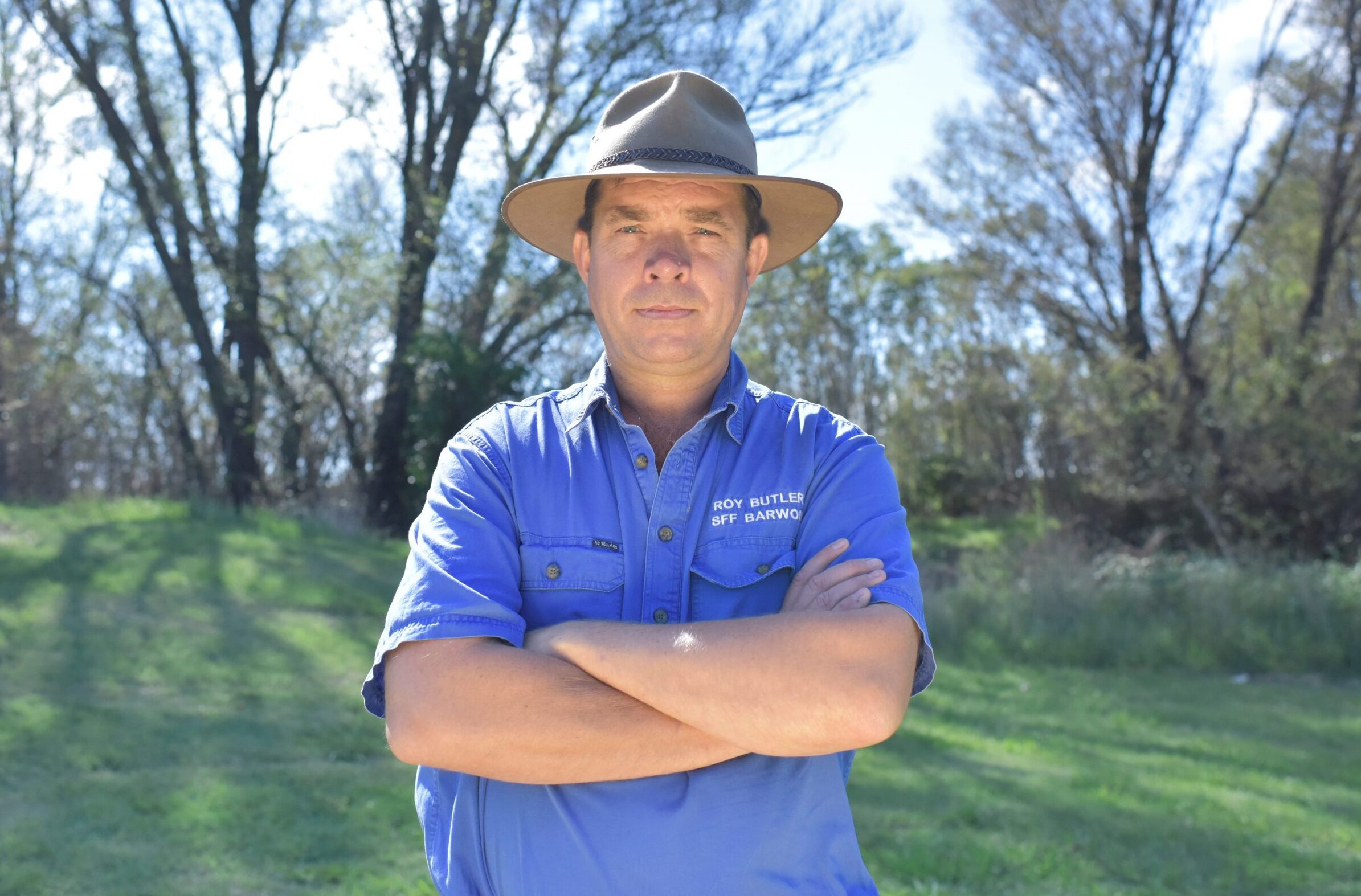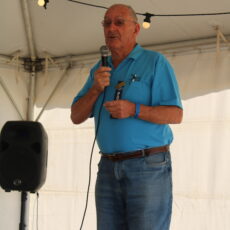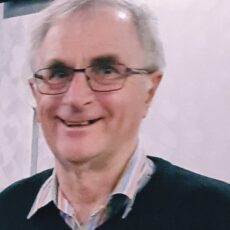Parliament has finished sitting for the year, despite my suggestions that they should call on a reserve week to make up for the sitting days lost during the mourning for the death of Queen Elizabeth II.
But the work continues of getting out and about, listening to the concerns of constituents and representing the people of Barwon.
Between now and the election, I will be making it to as many places as I can to hear what people have to say and continue to take their concerns to the government.
Working remotely in regional areas
With another wave of Covid-19 cases across the country, health experts have again been encouraging people to work from home and have recommended wearing masks in some settings. Authorities were hoping the steep rise in cases would be followed by an equally steep drop, which seems to be what we are seeing, thanks to what we have learnt from previous waves about stopping the spread.
But there is also something else that we should have learnt from the pandemic.
During the first wave in 2020 everyone but essential workers had to work from home, given the restrictions on numbers of people allowed to gather inside buildings. Private companies were well ahead of the NSW government in allowing their employees to work remotely, the government was slow to follow.
However, once they did, it became obvious that we now have the ability to shift the workforce from government buildings in Sydney to allow people to work remotely in regional areas.
In 2020 we introduced a bill to make it possible for public servants to work from home, which was voted down. However, just months after voting it down, the government introduced a proposal to do the exact same thing.
The problem is, so far, it hasn’t happened. Remote work could be saving the government millions on office space in cities with higher rents, it could be putting good salaries into regional communities, and it could be helping to build populations in regional towns. Which would be a win-win.
This is something that I will continue to push for because it is time we just got on with it.
Free universal pre-kindergarten trial
Earlier this year, the government announced a policy of a free year of pre-kindergarten would be made available for all children in NSW from next year. Recently they announced the first localities that will be eligible to trial the program, including three towns in Barwon – Bourke, Cobar and Coonamble.
This is a good initiative, one that will go some way toward alleviating the existing shortage of childcare and early childhood learning centres in regional areas. But for it to work, it needs to be part of a wider-ranging strategy to increase early childhood staff and services right across the state.
The government was already behind, and this measure is just an attempt to catch up to where things should have been long ago. There is still a long way to go to get to where they should be. It remains to be seen whether they will even be able to access the staff to properly implement the program.
NCARA at parliament
On November 16, during the last sitting week of the year, NSW Parliament hosted a meeting Of NCARA (NSW Coalition of Aboriginal Regional Alliances).
The topic of conversation was LDM (Local Decision Making) a model for collaboration between the NSW government and local Aboriginal organisations, which involves entering into agreements (Accords) to address local priorities in ways that are better suited to local needs.
At the meeting were some prominent regional indigenous leaders, including Des Jones, Vickie Parry, Paul Carr, John Fernando and Smiley Johnstone. Smiley gave a presentation demonstrating how the Regional Aboriginal Housing Leadership Assembly has effectively consulted with the government to effect changes to Aboriginal housing policy.
There were also some high-powered parliamentarians, including Matthew Mason-Cox MLC, Minister for Aboriginal Affairs Ben Franklin and shadow minister for Aboriginal Affairs and Treaty David Harris MP. It was great to see all sides of parliament showing their support.
Hopefully, this has helped raise the profile of NCARA at parliament and will lead to a more collaborative approach with locally based groups on Aboriginal issues.
To order photos from this page click here







